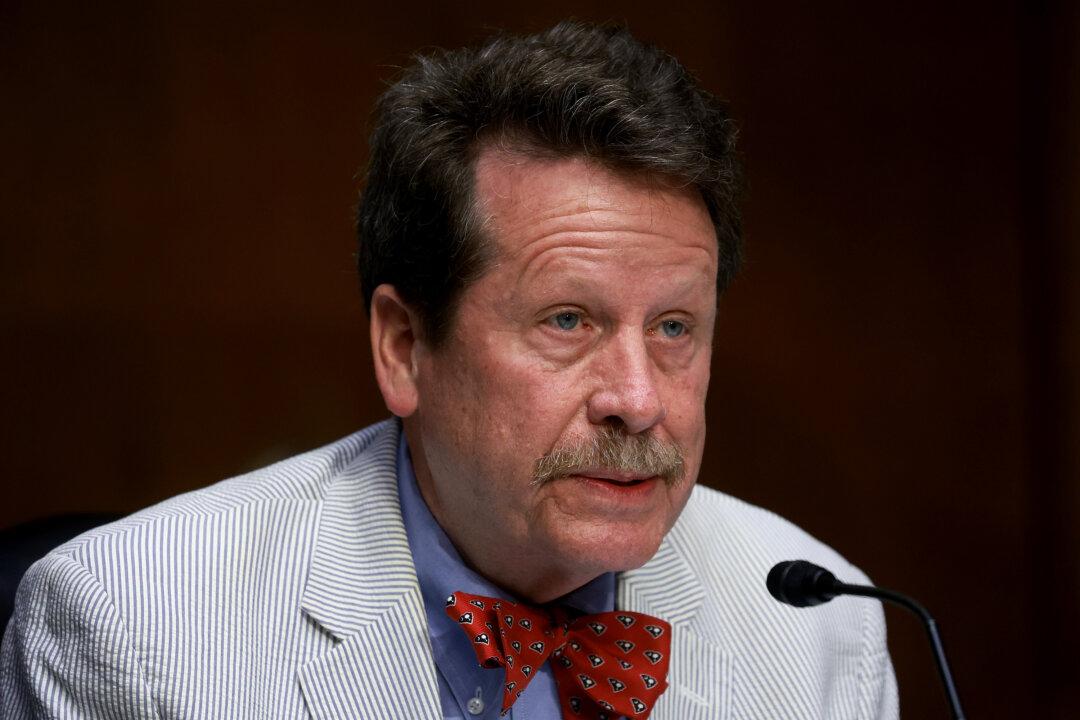U.S. regulators on June 17 authorized two COVID-19 vaccines for young children.
The U.S. Food and Drug Administration (FDA) granted emergency authorization for the Moderna and Pfizer COVID-19 vaccines for children as young as 6 months old.

U.S. regulators on June 17 authorized two COVID-19 vaccines for young children.
The U.S. Food and Drug Administration (FDA) granted emergency authorization for the Moderna and Pfizer COVID-19 vaccines for children as young as 6 months old.